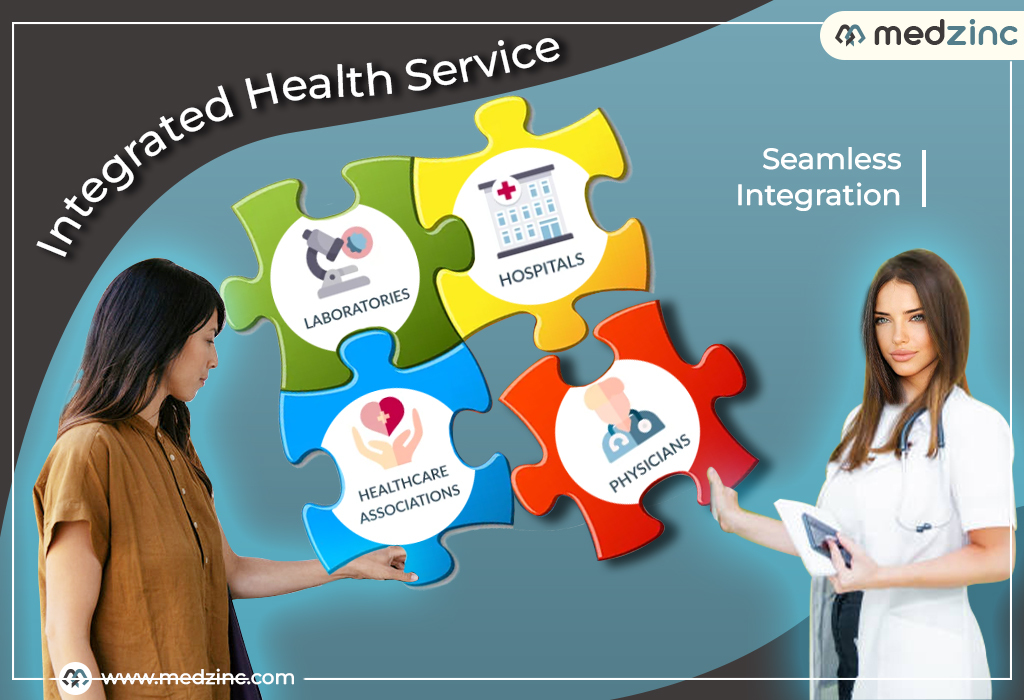
Integrated Healthcare Services
Curious wanna learn more about Integrated Healthcare. Have Patience, my friend, as this is exactly what this blog is all about. This blog will focus majorly on what “Integrated Healthcare” is and what it has at stake for healthcare professionals.
What is Integrated Healthcare?
Integration in Healthcare is an interesting way to deal with medical care that closes joint effort and correspondence. An entry empowers consistent cooperation between numerous specialists and healthcare experts.
The essential focal point of Integrated frameworks is to give consistent consideration. And facilitated care for patients and their families. Thus, prompting greater care as well as better outcomes for patients. By ensuring a patient transitions properly through the healthcare framework.
As such, it's a sort of medical care where every one of your doctors corporate to tackle issues with your physical, and mental health. Instead of being segregated and independent. Each specialist and clinical expert contributes to your general consideration.
Be it Doctors, Nurse Practitioners, Physician Assistants, medical attendants, clinicians, and other well-being experts all tune in together for better health results.
Key Forms of Integrated Healthcare
Although, Integrated Healthcare can take a number of forms depending upon:
- Type,
- Levels,
- Process,
- Intensity.
However, there are a few major key forms of healthcare integration are :
Horizontal Integration
Coordinated care between healthcare & social services providers That is normally bound to the improvement of multi-disciplinary care networks. Moreover, It significantly centres around supporting a particular bunch of patients.
Vertical Integration
The vertical integration revolves around taking care of patients with specific diseases such as diabetes, COPD, and all others. It is coordinated care between primary & community hospitals, so as to ease the transition of patient care between them.
People-centred Integration
Integrated care between providers and patients and other medical services providers.That users can engage and empower people through health education, shared decision-making, supported self-management, and community engagement.
Benefits of Integrated Healthcare
Patient Satisfaction:
At the point when specialists and clinical experts work and team up, these outcomes are lower in general medical care costs. Patients can get the consideration they need with fewer arrangements. Thus raising the bar of their satisfaction.
Quality of care:
Integrated healthcare helps offer better overall quality of care to patients. All medical professionals can collaborate more closely with one another. And understand the unique needs of each patient, and create a customised, personalised treatment plan to enhance, and manage their health conditions. Thus, ensuring they receive appropriate treatment, and improving their overall well-being.
Easy access to services:
With Integrated Healthcare it is currently more straightforward for patients to access the physical and emotional care administrations they need. Furthermore, with many incorporated healthcare suppliers presently offering virtual medical services and telemedicine, medical services are more available than at any other time in recent memory.
Reduces overall healthcare cost:
At the point when specialists and clinical experts work and team up, this outcome is lower generally speaking medical care costs. Patients can get the consideration they need with fewer arrangements.
We post such informational blogs regularly. Do check out our other blogs related to healthcare interoperability.
Related Post
No results.